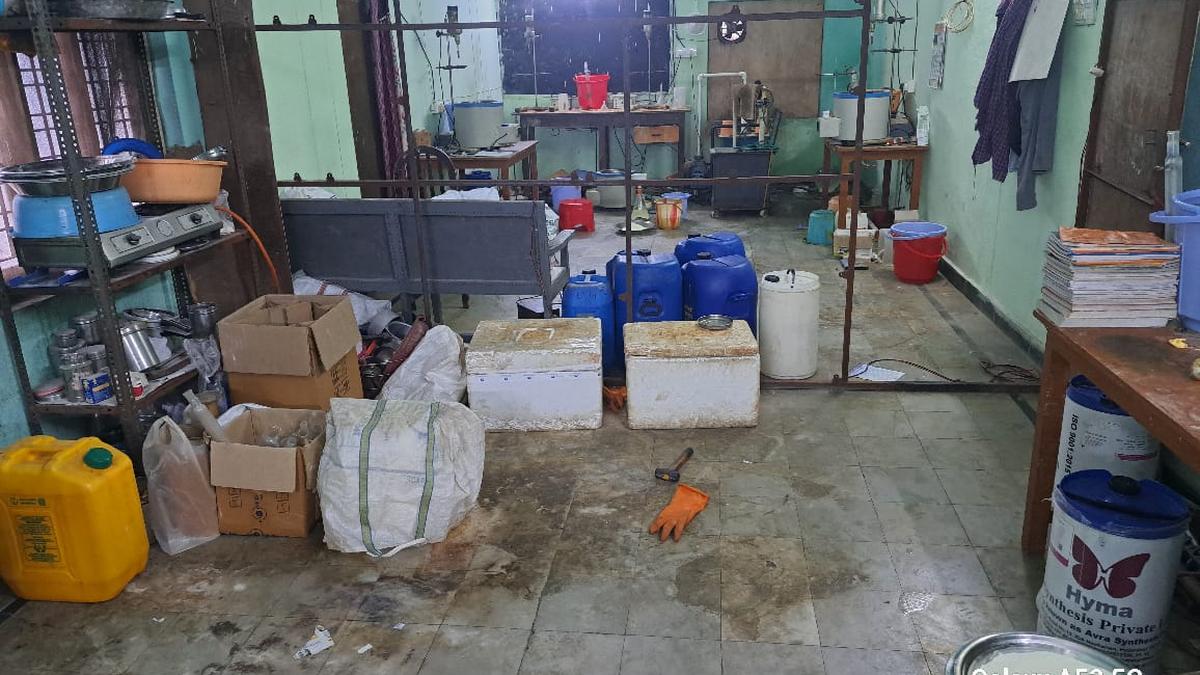Amid allegations of an attempted cover-up of the actual number of people infected with amoebic meningoencephalitis and those who have succumbed to it in Kerala, the State Health department has “revised” the official figures on its website.
Till September 10, the data released under the Integrated Disease Surveillance Programme on the department’s website said there had been 42 suspected cases and 18 confirmed cases so far this year. The number of confirmed deaths was just two and suspected deaths were 14. In September alone, there were 11 suspected cases, five suspected deaths, and only two confirmed cases and one confirmed death. A note was also carried along with it saying “the reported cases and deaths are based on preliminary report and are liable to change after lab tests and death audits.” It was also mentioned that two cases in Thiruvananthapuram were “cross notified to Tamil Nadu” and one case in Kannur was “cross notified Karnataka.” This was happening at a time when at least five persons reportedly died in Kozhikode alone due to the infection in less than a month since August 14.
The lack of clarity on the number of affected people and deaths led to the allegation that the department was attempting to hide the data to cover up its “incompetence” in containing the rare and fatal brain infection. However, the data released by the department on September 11 did not mention any of the suspected cases or deaths. It said there had been 64 confirmed cases and 17 deaths this year. In September, there were 17 confirmed cases and seven deaths. A note below said that “a total of 64 cases are microscopically confirmed,” adding that “four cases are from other States and 20 cases are PCR- confirmed.” The data released on September 12 said there were a total of 66 confirmed cases and 17 deaths this year. The figures for September were 19, and seven respectively.
As per the treatment protocol of the department, the cerebrospinal fluid (which surrounds the brain and the spinal cord) of any person exhibiting symptoms of the infection such as headache, fever, stiff neck, delirium etc, is subjected to a microscopic analysis. If the presence of a free-living amoeba is found, the treatment for amoebic meningoencephalitis is immediately started. The samples are then sent to the State Public Health Lab in Thiruvananthapuram for a detailed polymerase chain reaction (PCR) test to detect the DNA or RNA specific to the pathogen to zero in on the particular species. The official confirmation comes only thereafter. However, sources say that some times, the samples are likely to get damaged in transit if they are kept in low temperatures for long and the test may not give the desired results. This was one of the reasons why some of the cases were termed “suspected” in the official parlance, they added.



.png)
.png)
.png)
















 1 hour ago
4
1 hour ago
4







 English (US) ·
English (US) ·